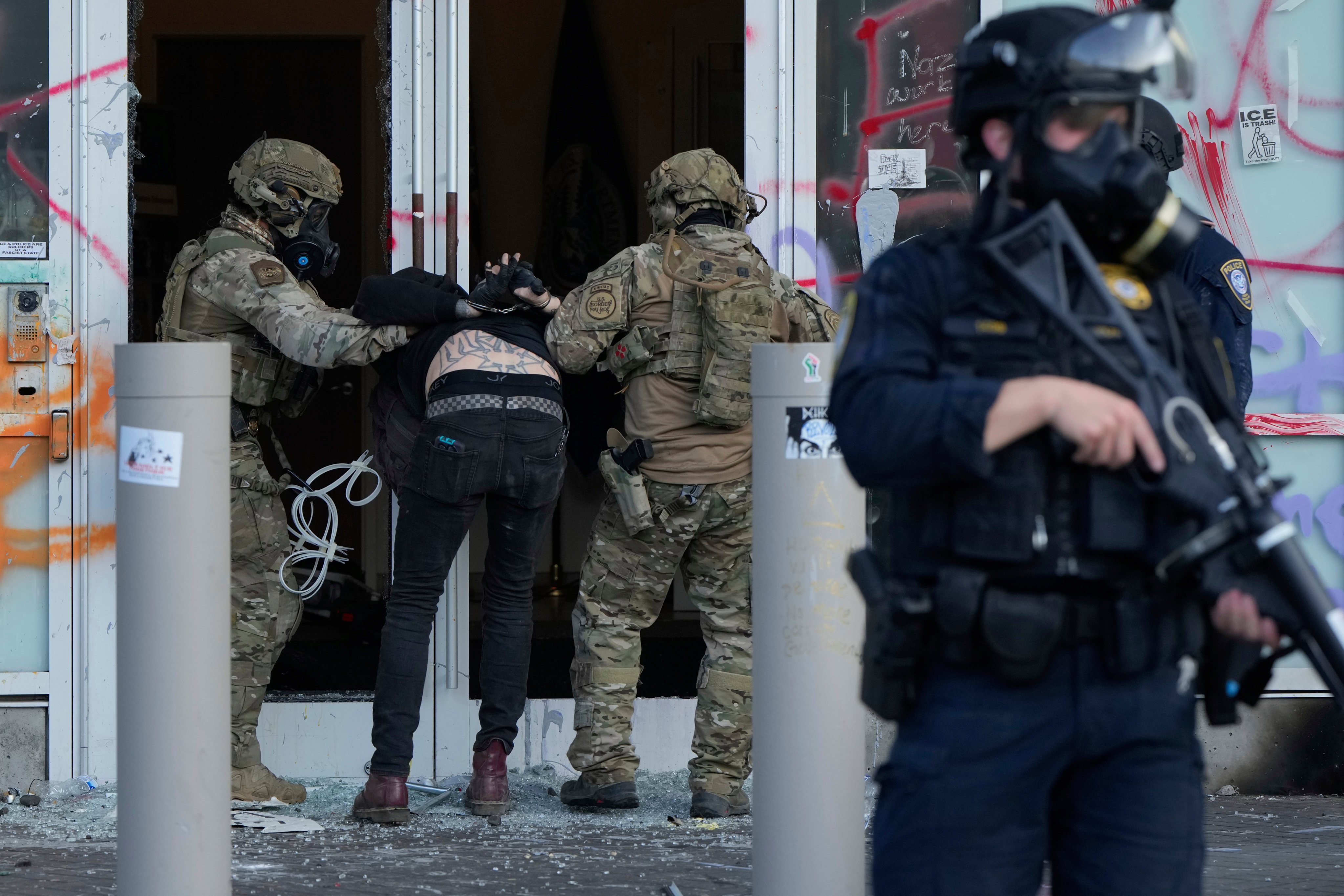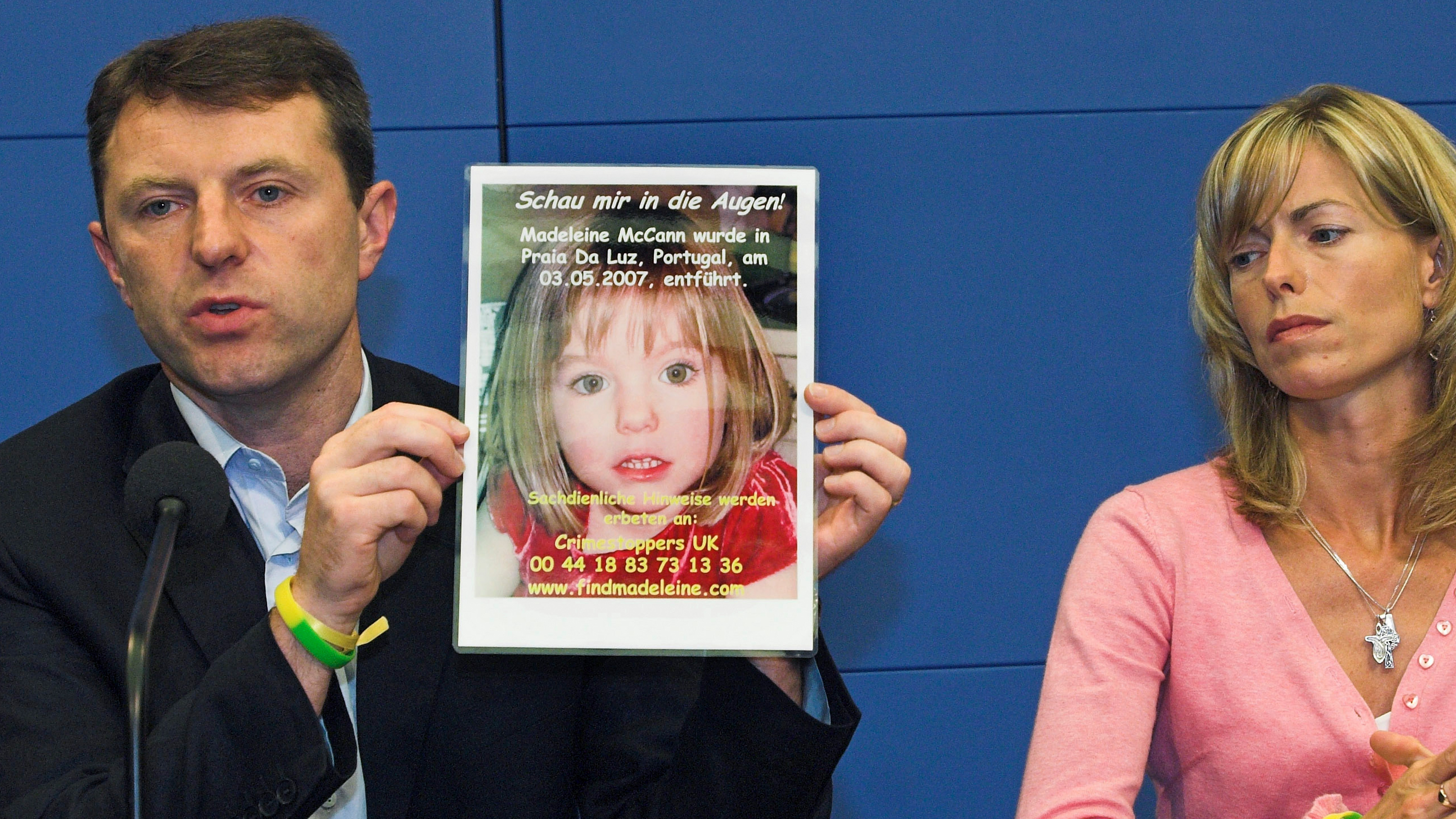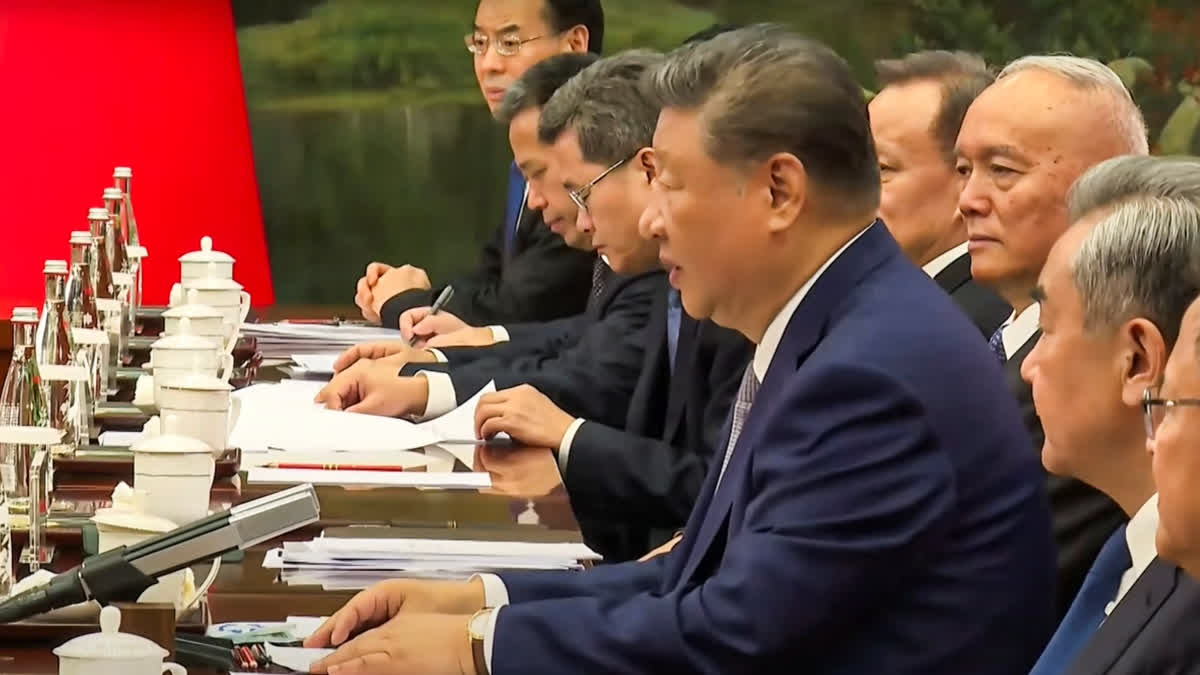El escenario político en los Países Bajos ha cambiado considerablemente tras la dimisión del ministro de Asuntos Exteriores. La decisión se produce después de que los intentos de promover sanciones internacionales contra Israel no obtuvieran el apoyo necesario, lo que llevó a una creciente presión política y a dudas sobre la capacidad del ministro para alcanzar importantes objetivos diplomáticos.
The declaration has ignited extensive debate in Dutch political spheres and elsewhere, highlighting the intricacies of international relations, particularly concerning controversial topics such as sanctions and stances on foreign policy. The inability to reach agreement on this issue illustrates the wider difficulties that European countries encounter when tackling delicate geopolitical disputes.
The minister’s decision to step down is not just a personal choice but reflects a political message that underscores the burden of responsibility borne by individuals in top government positions. Reports suggest that the foreign minister was outspoken about requiring tougher actions, pointing out humanitarian issues and the significance of responsibility in international governance. Nevertheless, disagreements within and opposition from various other countries eventually resulted in the initiative lacking adequate backing.
Observers note that this development could influence the Netherlands’ diplomatic stance moving forward. With a new foreign minister set to take the helm, questions remain about whether the government will continue pursuing similar measures or adopt a more moderate approach to maintain international relationships. Analysts suggest that the resignation may also impact the Netherlands’ credibility in advocating for human rights and international law, particularly if there is no clear successor strategy.
Reactions have been mixed, with some political figures praising the minister’s commitment to principle, while others argue that the decision to resign was premature and could create instability at a crucial time for European diplomacy. Civil society organizations advocating for stronger action in the region have expressed disappointment over the lack of progress, emphasizing that the situation calls for continued efforts rather than setbacks.
This departure contributes to an expanding series of political changes throughout Europe linked to discussions on international affairs. It shows the extent to which views are divided on matters of global disputes and the actions nations ought to undertake in reaction. The Netherlands is now challenged with selecting a new figure to steer through these intricate situations while managing national demands alongside international duties.
The resignation serves as a reminder of the challenges democratic nations encounter when aligning ethical positions with practical diplomacy. While the move to impose sanctions failed this time, the conversation around accountability, international law, and human rights is far from over. The outcome may well shape future policies, both within the Netherlands and in the broader European Union, as governments continue to grapple with defining their role in global affairs.






